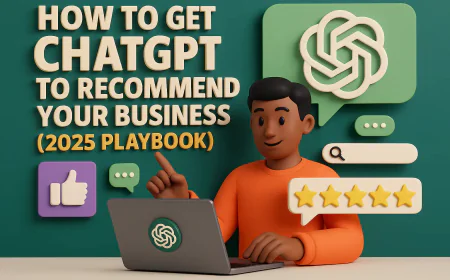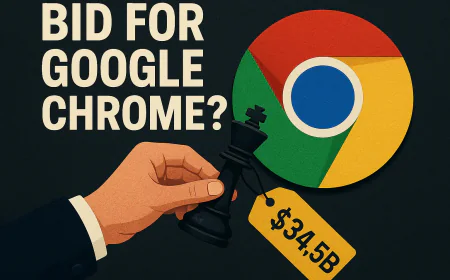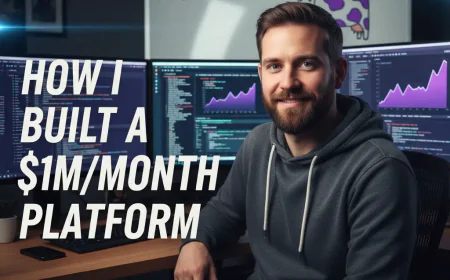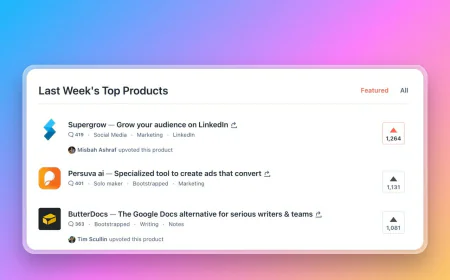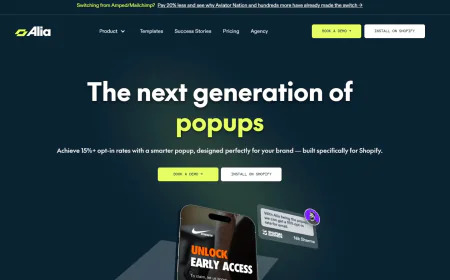How to Make $65,000 in 3 Days with Zero Audience
Discover the controversial lifetime deal (LTD) strategy that helped Devon, founder of Supergrow, launch his SaaS with a $65k cash infusion and zero audience. Learn the pros, cons, and how he transitioned to a $20k/month business.
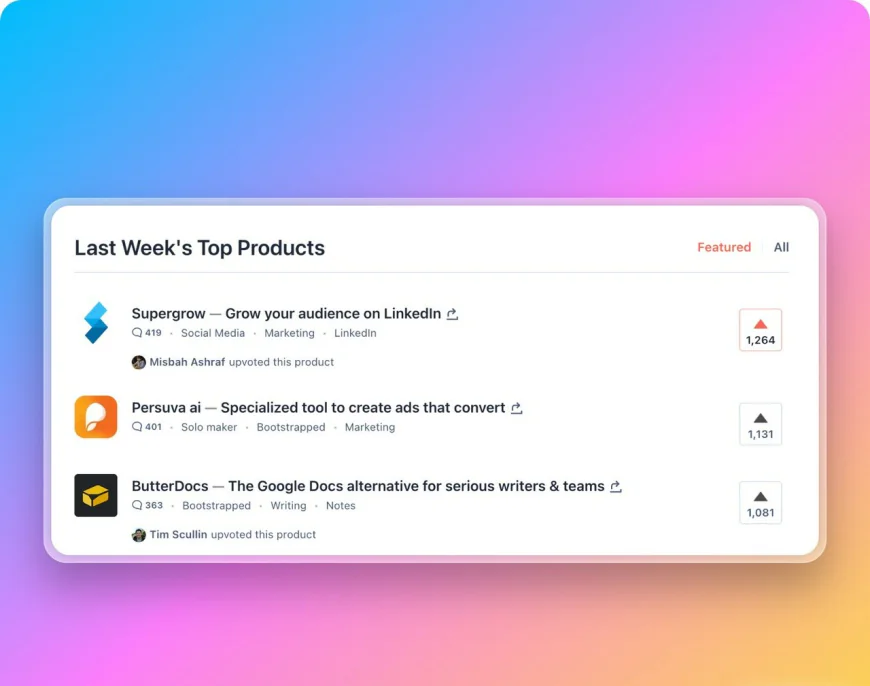
Table of Contents
- Launching a startup with no audience can feel like shouting into the void. But what if there was a "cheat code" to instantly get cash, validation, and your first loyal customers?
- Don't Reinvent the Wheel: The Power of Validated Markets
- The $65K Launch: How a Lifetime Deal Changed Everything
- The Great Debate: Are Lifetime Deals Genius or a Trap?
- Answering the Critics: Common Objections to LTDs
- From Launch to Longevity: Turning LTD Customers into a Subscription Engine
- The Toolkit: Supergrow's Tech Stack and Business Metrics
- Frequently Asked Questions (FAQ)
- Devon's Key Takeaway: Build a Better Version
-
Launching a startup with no audience can feel like shouting into the void. But what if there was a "cheat code" to instantly get cash, validation, and your first loyal customers?
Meet Devon, an indie hacker from India and the co-founder of Supergrow, a SaaS tool that helps professionals build their brand on LinkedIn. After struggling with previous failed startups, he stumbled upon a controversial launch strategy that changed everything: the Lifetime Deal (LTD).
This one move generated $65,000 in just 3 days and catapulted his business from a handful of users to a thriving company now making over $20,000 per month.
In this breakdown, we'll dive into Devon's journey, dissecting the LTD strategy that kickstarted his $230,000/year business. We'll cover:
-
The Idea: How he found a winning idea in a crowded market.
-
The Launch: The mechanics behind his $65,000 LTD launch.
-
The Debate: A transparent look at the pros and cons of lifetime deals.
-
The Transition: How he converted launch momentum into a sustainable subscription business.
-
-
Don't Reinvent the Wheel: The Power of Validated Markets
Before his massive launch, Devon was a self-proclaimed "struggling entrepreneur" who didn't know how to build distribution. His key insight wasn't a revolutionary, world-changing idea. Instead, it was a lesson in smart strategy.
"Don't try to create a new market," Devon advises. "Just work on the validated market."
His validation strategy was simple but effective:
-
Find a Paying Market: He noticed that LinkedIn content creation tools were already generating significant revenue. People were already paying for a solution to this problem.
-
Become a User: He deeply analyzed his future competitors—Taplio, Contentin, and AuthoredUp—by using their products "day in, day out."
-
Identify a Core Weakness: While these tools had many features, he found their core content creation piece wasn't great. "The demand in the market is so much that even products like these are able to earn revenue," he realized.
-
Build a 1% Better Solution: Armed with the new capabilities of GPT-3, Devon built a quick MVP that was better at mimicking a user's writing style. He converted his own raw thoughts into LinkedIn-worthy posts and knew he was onto something.
This approach gave him the confidence to build Supergrow, knowing a paying audience already existed. All he had to do was serve them better.
-
-
The $65K Launch: How a Lifetime Deal Changed Everything
With a solid product but only a few hundred followers and a couple of customers, Devon needed a way to get Supergrow off the ground. That's when Charlie, a co-founder of the LTD platform RocketHub, reached out.
Initially skeptical, Devon decided to take the leap. The results were staggering.
The deal generated $65,000 in revenue in just three days.
Here’s how it worked:
-
The Platform: RocketHub handled all the marketing. They emailed their massive list of LTD buyers, created and ran ads on Instagram and Facebook, and produced all the marketing assets like screenshots and videos.
-
Devon's Role: His team focused on only two things: improving the product and providing crucial customer support.
-
The Pricing: They launched with three lifetime tiers:
-
Basic Tier: $79
-
Pro Tier: $199
-
Agency Tier: $299
-
The Cut: RocketHub took a 40% commission on all sales. While steep, this meant Devon's team pocketed around $40,000—a game-changing amount for a founder starting with almost nothing.
"40% is a huge cut," Devon admits. "But if you think about it, at that moment, we had almost close to $0. Just by launching our product through them, we were able to generate $40,000."
-
-
The Great Debate: Are Lifetime Deals Genius or a Trap?
LTDs are a polarizing topic in the founder community. Some, like Devon, see them as a launchpad. Others regret the decision. Based on his experience, here are the core pros and cons.
The Pros of LTDs
-
Massive Cash Infusion: For bootstrapped founders, this immediate capital can fund development, marketing, and runway for months or even years.
-
Instant Product Validation: Getting hundreds of paying customers is the ultimate validation. It proves people are willing to open their wallets for your solution.
-
Invaluable Early Feedback: LTD customers have skin in the game. They provide brutally honest feedback that helps you find bugs, prioritize features, and rapidly improve your product.
The Cons of LTDs
-
High Platform Cut: Giving away 40% of your launch revenue is a significant trade-off.
-
Demanding (and "Cheap") Customers: An LTD launch can attract users who are focused on getting a deal. They can be demanding, with numerous feature requests and bug reports.
-
Potential Perception Issues: Some argue that offering an LTD can devalue your product in the long run.
-
-
Answering the Critics: Common Objections to LTDs
Devon also addressed some of the most common arguments against offering lifetime deals.
Objection 1: "LTDs are just a cope for a bad product."
Devon's Rebuttal: "Actually, LTDs expose bad products really faster because these LTD customers are going to give very brutal feedback to you."
Objection 2: "Why not just offer it for free to get feedback?"
Devon's Rebuttal: "Free users don't actually validate your product. They will just consume it and if something doesn't work, they will just ghost you. Paid customers, because they have put real money into your business, are going to give you good feedback."
Objection 3: "LTDs kill long-term growth by selling future revenue."
Devon's Rebuttal: This isn't true if you're strategic. Devon limited his LTD to only 3 days and 300 users to prevent overselling. Furthermore, these early customers can be upsold on new features or plans later on.
-
From Launch to Longevity: Turning LTD Customers into a Subscription Engine
The $65,000 was just the beginning. The real genius of Devon's strategy was how he used the LTD launch to build a sustainable subscription business.
-
Obsess Over Early Adopters: For months, Devon's team spent hours daily on Intercom, answering every question and even manually helping users with their content. They used tools like Mixpanel and Microsoft Clarity to understand user behavior and turned those workflows into product features.
-
Build a Community of Ambassadors: This intense focus turned his 250+ LTD customers into a loyal community. Around 15-20 of them became true evangelists for the product.
-
Leverage the Community for a Public Launch: When Supergrow launched on Product Hunt, Devon wasn't alone. His happy LTD customers spread the word on Twitter, LinkedIn, and in private groups.
"I was not the only person talking about my product that day," he recalls. "We had like 10 to 15 really happy LTD customers who actually talked about us."
This community-driven push helped Supergrow become #1 Product of the Week on Product Hunt, which drove their first 50 paying subscription customers and kickstarted their recurring revenue engine.
-
-
The Toolkit: Supergrow's Tech Stack and Business Metrics
For those curious about the nuts and bolts, here's a look under the hood of Supergrow:
Tech Stack
-
Ruby on Rails (App Building): Free
-
React.dev (App Building): Free
-
Tailwind CSS (App Building): Free
-
PostgreSQL (Database): Free
-
Supabase (Authentication): $25/month
-
Note: The image's "$25" likely refers to a recurring monthly charge like their "Pro" tier.
-
-
Railway (Hosting): $120/month
-
Note: This reflects a monthly hosting plan.
-
-
Framer (Landing Page): $80/month
-
Note: This corresponds to a monthly subscription.
-
-
Supergrow.ai (LinkedIn): Free
-
Intercom (Live Chat): $297/month
-
Note: This is a monthly subscription fee for their platform.
-
-
Mixpanel (Analytics): $140/month
-
Note: This represents a monthly plan for their services.
-
-
Clarity.microsoft.com (Session Recordings): Free
-
Stripe (Payments): Variable Cost
-
Note: The cost is typically a percentage of revenue (e.g., 2.9%) plus a small fixed fee per transaction. It's not a fixed monthly amount.
-
-
Total Fixed Monthly Cost: $662
-
Note: This total excludes the variable payment processing fees from Stripe.
-
-
Business Metrics:
-
Monthly Revenue: ~$19,000+
-
Annual Revenue: ~$230,000
-
Profit Margin: A healthy 60-70%
-
-
-
Frequently Asked Questions (FAQ)
What is a Lifetime Deal (LTD)?
A lifetime deal is a promotion where customers pay a one-time fee to get access to a product or service for its entire lifetime, rather than paying a recurring monthly or annual subscription. New SaaS companies often use them to generate initial cash flow and acquire early users.
How much money did Supergrow make from its LTD?
Supergrow generated a total of $65,000 in revenue in just three days. After the platform's 40% commission, the founders took home approximately $40,000 in initial cash.
Are lifetime deals a good idea for a new SaaS?
According to Devon, they can be a genius move if done strategically. The main benefits are a large upfront cash infusion, immediate validation from paying customers, and high-quality early feedback. However, founders should be aware of the cons, such as high platform fees and the potential to attract demanding customers.
Do lifetime deals hurt long-term growth?
They can if not managed properly. Devon's advice is to limit the deal by time (e.g., a few days) and by the number of users to prevent overselling future revenue. These early users can also become powerful brand ambassadors who help you acquire subscription customers down the line.
Why choose an LTD over offering a free plan for feedback?
Devon argues that paid LTD customers provide far more valuable feedback because they have "skin in the game." Free users are more likely to stop using a product without explaining why, whereas a customer who has paid for lifetime access is more invested in helping you improve it.
-
Devon's Key Takeaway: Build a Better Version
If Devon could give one piece of advice to his younger self, it would be this:
"Don't work in an unvalidated market and don't think of creating a very unique solution in a unique market. It's okay to build a better version of an existing product that's getting traction."
His story proves that you don't need a groundbreaking idea or a massive pre-existing audience to build a successful SaaS business. By finding a validated problem, building a slightly better solution, and using a strategic launchpad like a lifetime deal, you can build incredible momentum from day one.
What's Your Reaction?
 Like
0
Like
0
 Dislike
0
Dislike
0
 Love
0
Love
0
 Funny
0
Funny
0
 Angry
0
Angry
0
 Sad
0
Sad
0
 Wow
0
Wow
0

